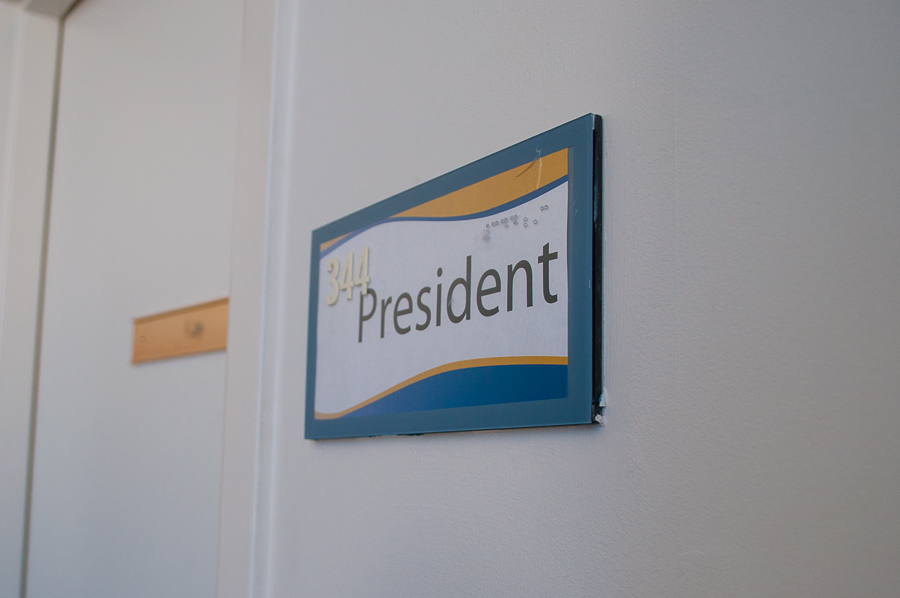
Amendment to establish Judicial Council, Judicial Council Oversight Committee
Students at UC Davis will have the opportunity to vote on the reestablishment of a judiciary body in their student government from 8:00 a.m. on May 24 to 8:00 a.m. on May 25.
ASUCD has been left without a judiciary body since it was abolished earlier this school year through a constitutional amendment approved by voters. A student brought a University of California Office of the President (UCOP) policy that requires the government to have a court to ASUCD’s attention, according to Nick Flores, the chairperson of the ASUCD Internal Affairs Commission.
“I believe in the fall, I had written another constitutional amendment that got rid of our old judicial branch which was called the ASUCD Court,” Flores said. “It basically just gutted the whole thing. At that time I didn’t plan on making a new [judiciary], I thought we could function fine without one. I just left it. I was just going to have us move on after that. It came to our attention that there is a sort of vague UCOP policy about student governments that kind of suggests that student governments, in order to be considered legitimate, have to have some sort of unbiased and fair arbitrator in their associations so that students can appeal elected officials to not other elected officials—to people who are tasked with being impartial.”
This new amendment takes the form of two articles: one to establish an impartial ASUCD Judicial Council and another to establish an ASUCD Judicial Council Oversight Committee. According to Flores, this oversight committee is, “not tasked with being unbiased.”
“While it is one bill, it is two separate articles,” Flores said. “Article IX is Judicial Council and Article X is the oversight committee. Those are two completely separate bodies. The committee is not tasked with being unbiased. It is made up of elected officials. […] It’s not part of the judicial branch, it is completely separate from it.”
Flores did not supply specific details about the UCOP policy that requires UC student governments to have judiciaries.
“I think the language is some sort of, it’s been awhile since I read it, but it basically mentions an adjudicating process that is fair and impartial to the decisions that student representatives make,” Flores said.
Flores said that he is attempting to set up a way to appeal to a higher body if a student is unsatisfied with a Judicial Council ruling. He referenced the United States federal government and how one can appeal to a higher court. Students in ASUCD would not be appealing to a higher court, but an oversight committee comprised of the ASUCD Vice President, the chair of the Judicial Council and the chairperson of the Internal Affairs Commission.
“That same institutional process of an unbiased decision that can overturn the president, that can overturn senate, is still going to be there,” Flores said. “But the only difference now is that if, like in the federal judiciary, you don’t like the decision of a lower court, you can appeal to a higher body. In this case, it’s not going to be another court, but it’s going to be a panel of the most experienced people in ASUCD.”
ASUCD Senator Simran Grewal, who introduced the amendment to the Senate and who communicated with The Aggie about this topic, did not provide comment before the deadline for this article. Former ASUCD Chief Justice Malcolm Rivera did not respond to requests for comment.
Students can vote in this special election from 8:00 a.m. on May 24 to 8:00 a.m. on May 25 at elections.ucdavis.edu.
Written by: Kenton Goldsby — campus@theaggie.org








